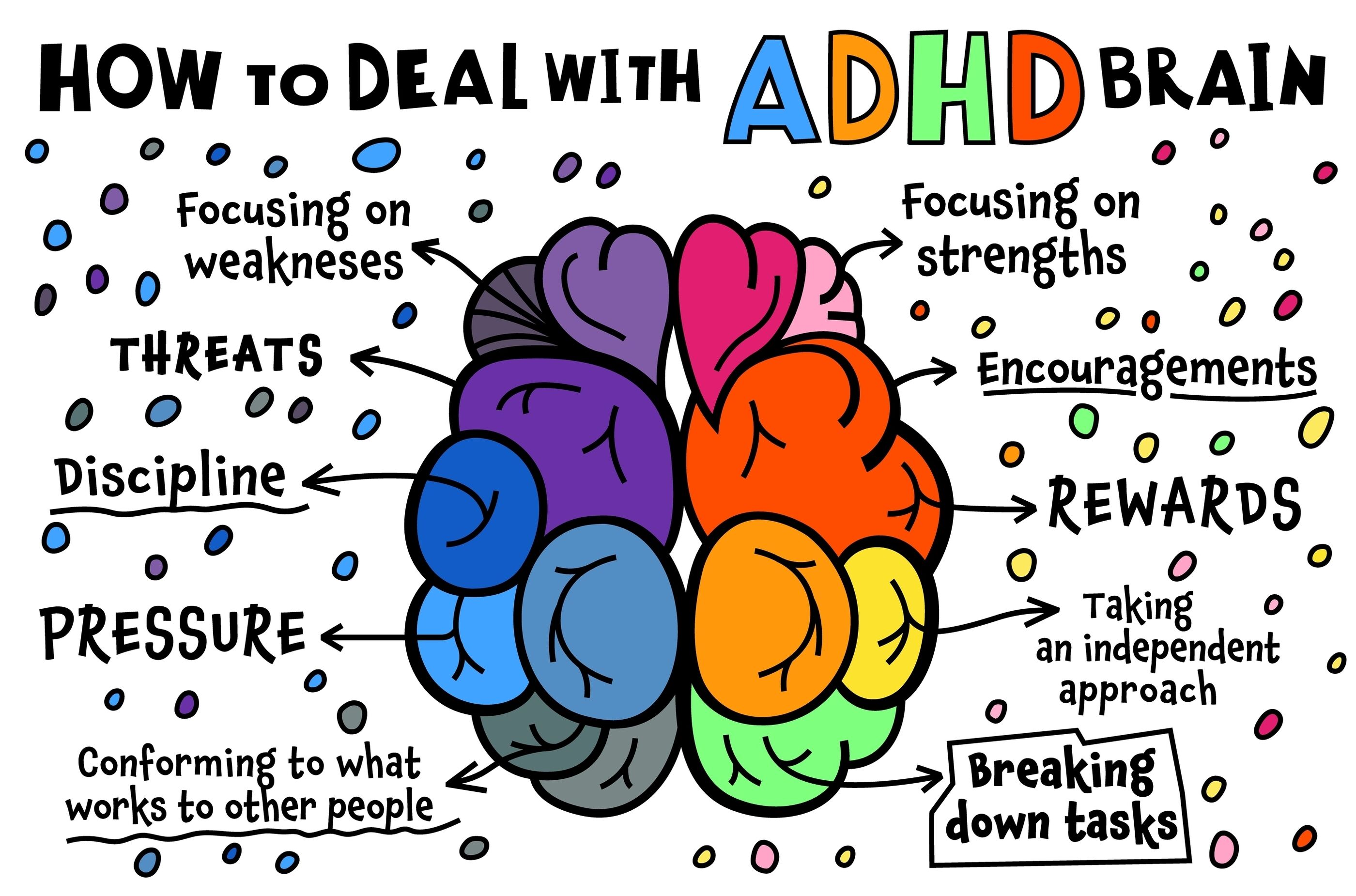Kalmer Counselling Sessions
Our Counselling sessions are 50 minutes either online or in person and cost £50 - £65 depending on the counsellor.
Contact UsAttention Deficit Hyperactivity Disorder (ADHD) is a neurodevelopmental condition that impacts parts of the brain that help to plan, focus and execute tasks. It affects millions of individuals both children and adults. Many report a struggle to regulate their emotions, concentration and energy making daily tasks challenging.
Counselling can provide a critical support for managing ADHD by offering tailored interventions, strategies, and tools to cope with symptoms.
Through our integrative approach which is a blend of behavioural therapy, psychoeducation, psychological and emotional support, Kalmer counselling offers a structured path to help individuals navigate the complexities of their ADHD.
One-on-one sessions with our counsellors help to provide a safe and supportive space for individuals to explore their symptoms and challenges. Through personalised therapy, the counsellor helps clients understand how ADHD affects their thoughts, emotions, and behaviours. We can help you to reframe negative thoughts, manage impulsivity, and develop better organisational skills.
ADHD often affects family dynamics, as parents, spouses, or siblings may struggle to understand or cope with the challenges presented by a loved one’s symptoms. We can offer counselling to any member of the family, sometimes parents need extra support along the way. Therapy can help families improve communication, set healthy boundaries, and develop routines that support the individual with ADHD.

We know after diagnosis that many people are recommended Behavioural Therapy, therefore at Kalmer Counselling we introduce techniques from behavioural therapy into our integrative counselling approach. We combine techniques and practices from multiple therapeutic modalities to create the optimum outcomes for our clients.
For children with ADHD, we explore what could be underlying the presenting behaviours to help us tailor the approach to reinforce positive ones and manage disruptive behaviours. This may include reward systems, structured environments, and working closely with parents to implement strategies at home. Creativity and play will be intergrated into therapy as its a powerful way to help individuals express themselves, is more engaging and less intimidating.

After your diagnosis you may have been recommended Behavioural Therapy, at Kalmer Counselling we introduce techniques from behavioural therapy into our integrative counselling approach, however, this is only a small aspect of our therapy we take a much wider approach integrating your psychological and emotional experiences.
Your Kalmer Counselling experience is as unique as you are.


Send us an email on info@kalmercounselling.co.uk or call us on 01912416731
Complete an online referral form, you can find the link at the top of this page, choose adult or child and fill in the boxes with your information.
One of the Kalmer Counselling team will contact you via phone or email.
The team at Kalmer Counselling are here for you.
Our Counselling sessions are 50 minutes either online or in person and cost £50 - £65 depending on the counsellor.
Contact Us